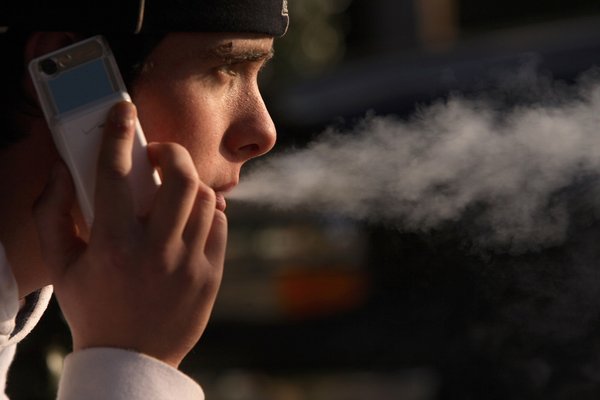Forbes: Alcohol, Drug Addicts Far More Likely to Smoke Tobacco
Turn on the television at any point of the day to find anti-smoking commercials sprinkled throughout a sports game or nightly sitcom. As many organizations and levels of government focus efforts on eliminating tobacco use from the general population, one sub-population in particular continues to be ignored: individuals addicted to alcohol and drugs in treatment recovery programs.
Published in Addiction – a peer-reviewed journal that covers research related to alcohol, illicit drugs, tobacco and other addictions – a new report concluded that the overall rate of smoking among addicts in treatment for drug and alcohol use was 84%, compared with a rate of 31% for individuals of the general public.
Lead study author Joseph R. Guydish, a professor of Medicine and Health Policy at the University of California, San Francisco (UCSF), said in an interview that tobacco use isn’t just an issue for addiction recovery programs; it’s also a problem for both county and state public health offices supporting rehabilitation facilities.
“At the federal level this means the Substance Abuse and Mental Health Services Administration, the Center for Substance Abuse Treatment, the National Institute on Drug Abuse and the National Cancer Institute,” he said. “Internationally this means the WHO, its Framework Convention on Tobacco Control and its MPOWER principles. These are the agencies that can exert leadership in the area of smoking and addiction treatment, and provide programs with resources needed to better address smoking.”
Researchers reviewed 54 studies, which were published from 1987 to 2013, involving a total of 37,364 participants in 20 countries on six continents. All the reports analyzed were written in English.
“Anyone interested in tobacco control, whether nationally or internationally, should take note,” he said. “We cannot reduce adult smoking much further (at least in the United States) without addressing smoking in sub-populations where smoking rates are high.”
When asked about how often addicts switch over from their drug of choice to nicotine during the recovery process, Guydish admitted that he’s unaware of any relevant data available on the topic. He did note, however, that he believes the “answer would be not very often.”
“Nicotine operates in the same reward pathways of the brain as other addictive drugs, however its effect is relatively weaker than the effect of those other drugs,” he said. “We know that nicotine potentiates the effects of other drugs, but it seems unlikely that a person would stop drug use (for example) and then begin smoking as a replacement. But it is possible.”
He added: “The scenario we hear of more often is one where a person quits smoking, sometimes because they have been in a smoke-free jail or prison, but relapses to smoking in the context of drug treatment where they are surrounded by smokers.”
“Tobacco control researchers have done a great job of implementing tobacco control policies and evaluating their effects in the general population, in healthcare settings and on college campuses,” Guydish said. “Further research should follow this lead and develop, implement, and evaluate a range of policy interventions in addiction treatment programs, such as smoke-free grounds, no evidence of smoking among staff during working hours, and funding to increase availability of smoking cessation interventions.”
http://www.forbes.com/sites/cjarlotta/2015/09/22/alcohol-drug-addicts-far-more-likely-to-smoke-tobacco/

